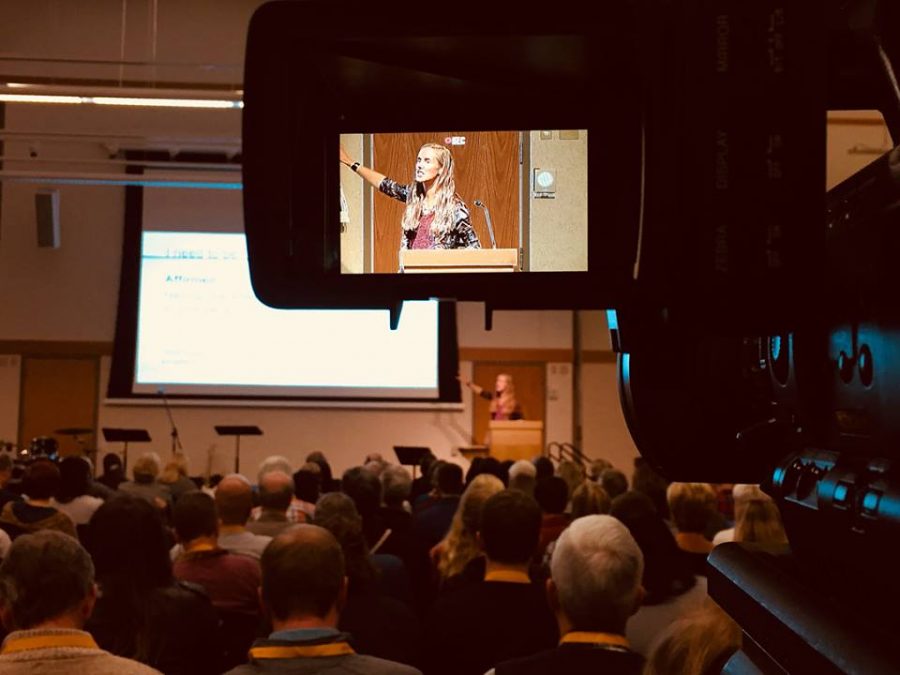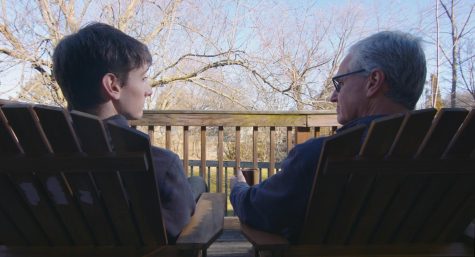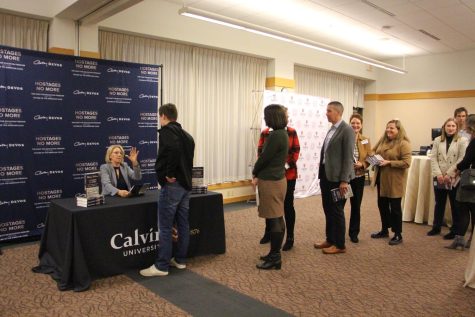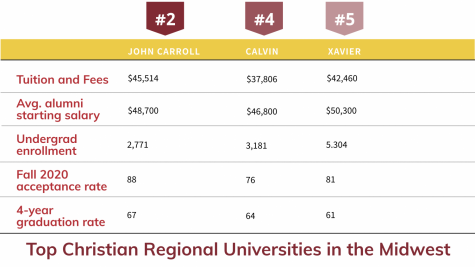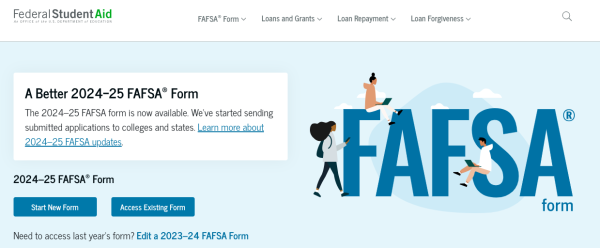Conference works to listen and heal
HIMH Ministries executive director Laurie Krieg opened the Caring Well Conference by sharing her personal story. Photo courtesy Hole In My Heart Ministries.
Fourteen speakers and over 400 attendees filled the Prince Conference Center last Saturday to learn together how to “care well” for LGBTQ people.
Over a dozen speakers presented at the Caring Well Conference, including Calvin Seminary professor Matthew Tuininga and Chaplain Mary Hulst. Preston Sprinkle, author of the book “People to Be Loved,” headlined the morning session. Break-out workshops focused on “Pastoring Well,” “Parenting Well in 2017,” “Counseling Well” and “Working with Institutions Well.”
The chairperson of the sold-out conference, Laurie Krieg, grew up in the church and felt attracted to women. Nine years ago, she reached a point at which she felt her only two options were to shut down her desires or come out as lesbian and leave the church. By addressing her deeper hunger for love instead of focusing on behaviors, Krieg soon felt more attraction to men, yet still feels attracted to women sometimes.
In 2015 Laurie and her now husband Matt Krieg started putting their full time into Hole in My Heart (HIMH) Ministries to help counsel and love those who wrestle with same-sex attraction and gender identity. They said they try to treat their patients as people in need instead of as an issue to be fixed.
When Matt Krieg opened up about his addiction to pornography two and a half years ago, he and his wife realized that the church responds better to some stories than others. They both admitted that the church has often failed to care well for LGBTQ people.
To fill this gap, HIMH organized the Caring Well Conference. Krieg said she had noticed many places that presented both sides of the conversation for those who weren’t sure about their theological stance on LGBTQ affirmation.
“But what about people who have decided?” she asked. “To the best of our ability, even if we disagree theologically, can we still look at each other and genuinely love?”
She said she hoped the conference would help Christians navigate a “third way” of truth and love between the two extremes of caring only about theology or only about acceptance.
In her opinion piece published in Chimes last Friday, senior Gwyneth Findlay voiced concern that the conference organizers would talk about LGBTQ Christians without talking to them. During the conference, Findlay and a group of other Calvin students and faculty gathered in the corner of the Prince lobby, “offering ourselves as a resource for dialogue and an example of the healthy, fulfilling, Jesus-following life that Christians with an LGBT+-affirming theology can lead,” according to Findlay’s opinion piece.
Senior Jeremiah Stout, one of the students who was there with Findlay, said they were warmly welcomed by the director of the Prince Conference Center. The group led a Bible study of John 1 and 2. The conference organizers offered the group left-over boxed lunches. A few conference attendees sat down with the group to listen and participate in their Bible studies.
“Over the course of the day a handful of attendees came to our table simply to say that they appreciated us being there, that even though we disagreed they were glad we were there,” Stout said.
In his talk, Sprinkle referenced a study that found that an overwhelming majority of LGBTQ people who grew up in the church and left said they did so because they didn’t feel cared for, not because of theological differences.
Tuininga admitted that the church can become inauthentic when it misunderstands what it means to be a good witness:
“Often, talking about the visibility of the church has led Christians to want to talk about how good we are and how if the world sees how we live they’ll want to live like us and they’ll want to come believe the gospel,” said Tuininga. “That’s such a myth, because the church isn’t really as good as we say it is. And this issue proves that, when you sit under all the stories of pain and brokenness.”
Marvin Williams, the lead pastor of Trinity Church in Lansing, was another presenter. He said the church needs to admit the ways it has hurt LGBTQ people:
“It’s a part of what it means to be an authentic Christian,” Williams said. “Brokenness should be admitted. But because I believe sometimes the church is not a safe place, or we present our false selves, not our true selves, then people don’t feel comfortable sharing brokenness.”
Tuininga added that the church ought to acknowledge where it has fallen short:
“The brokenness of the church is an essential part of our story. So this conversation is an opportunity in many ways for the church to stop being that kind of traditionalistic, conservative institution where all the good people are judging everybody else, and for the church to start being the place where anybody is welcomed to come in and confess our brokenness and in repentance seek life through Christ by living out this death and resurrection,” said Tuininga.
“I see this actually in a weird way as a huge opportunity to recover authenticity.”



